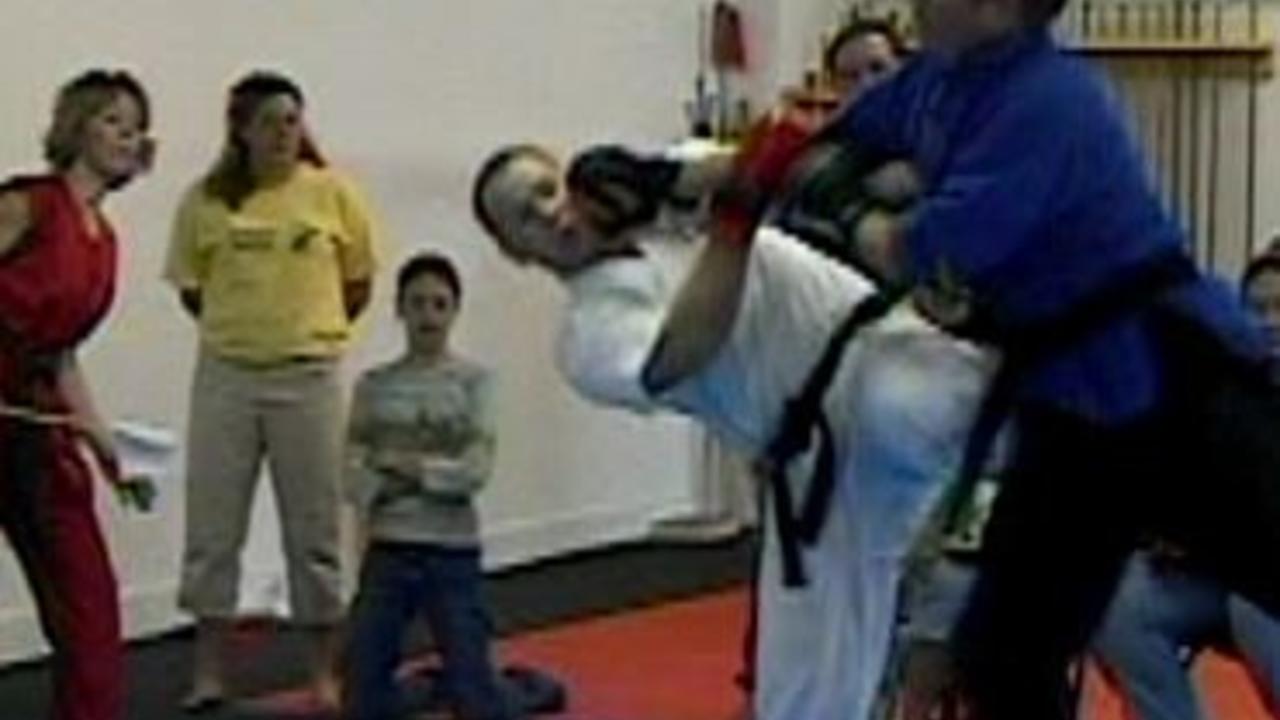Watch the Show in Front of You -- A Martial Arts Lesson from a Sports Psychologist

When I first began competing in tournament sparring, I was emotionally involved in every point. I would get upset if a judge missed a call. Not outwardly upset, other than a cocking of my head as if asking, "What?"
Mainly, I was inwardly upset. I wanted to win.
My opponents were often emotionally involved, too. Sometimes, I would stand across from a guy who was angry. And if I scored a point, he was angrier.
I kept careful track of the score. Am I winning? By how much? If I'm behind, how many points do I need?
And then one day, sometime in my forties, I got my ego and emotion out of the game. And I started winning more.
When I faced off against another black belt, I relaxed. When a point was scored, I didn't keep track. I stopped, let the judges call it, and then got back to the contest.
I stopped keeping track of who was winning.
If my opponent scored a point on me, I would congratulate him. "Good shot," I would say. Sometimes, I joked around, wobbling a bit on my rubbery legs...
Author - Instructor

Ken Gullette
I have practiced martial arts since 1973 and began studying the internal arts in 1987. My goal is to cut years off your development time by coaching you in the real skills for high-quality Tai Chi, Xingyi, Bagua. To see more about my bio, click the "About Ken" link on the menu at the top of this page.
Stay connected with news and updates!
Recent Posts
Categories
All Categorieschen taiji fighting applications
chen xiaowang straight sword form
critical thinking in martial arts
full contact vs point sparring
how to succeed in martial arts
how to use chi kung in daily life
how to use qigong in daily life
internal fighting arts podcast
ken gullette on kung fu conversations podcast
mindset of successful martial artist
principles of body mechanics in martial arts
what is body method in tai chi